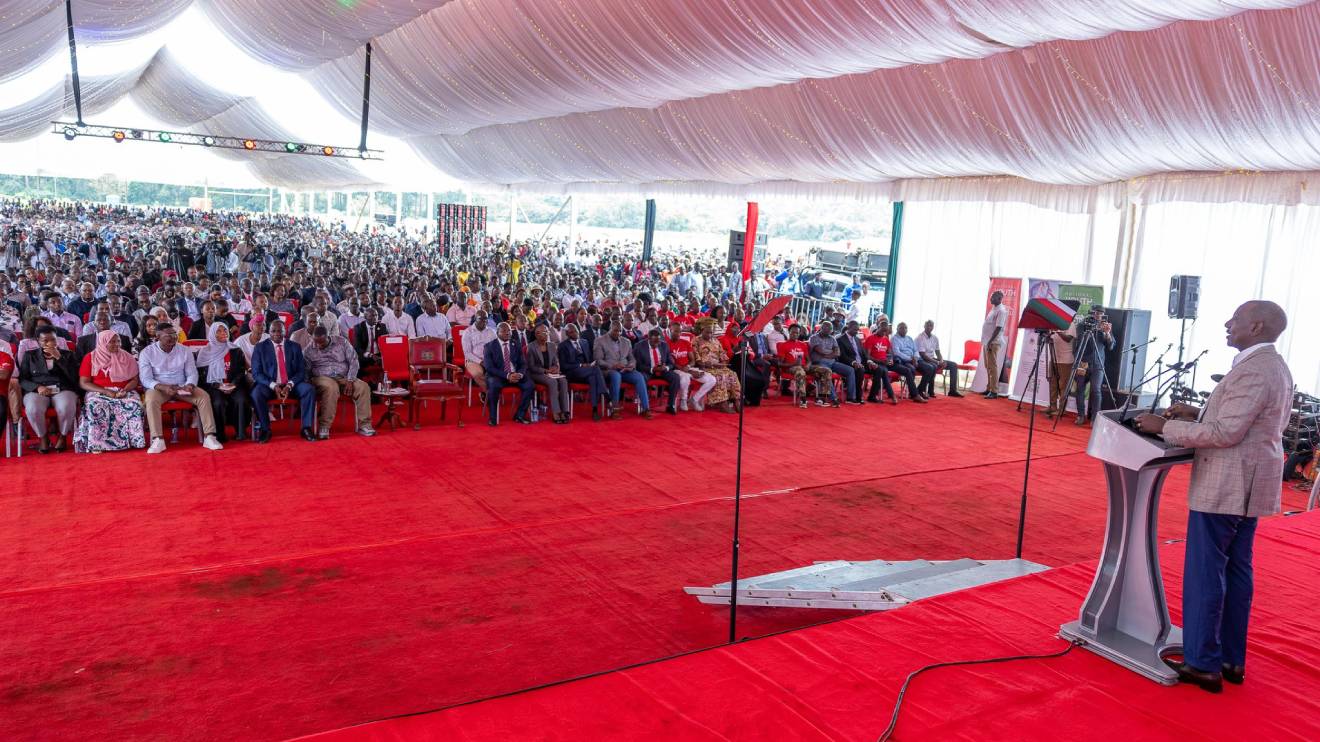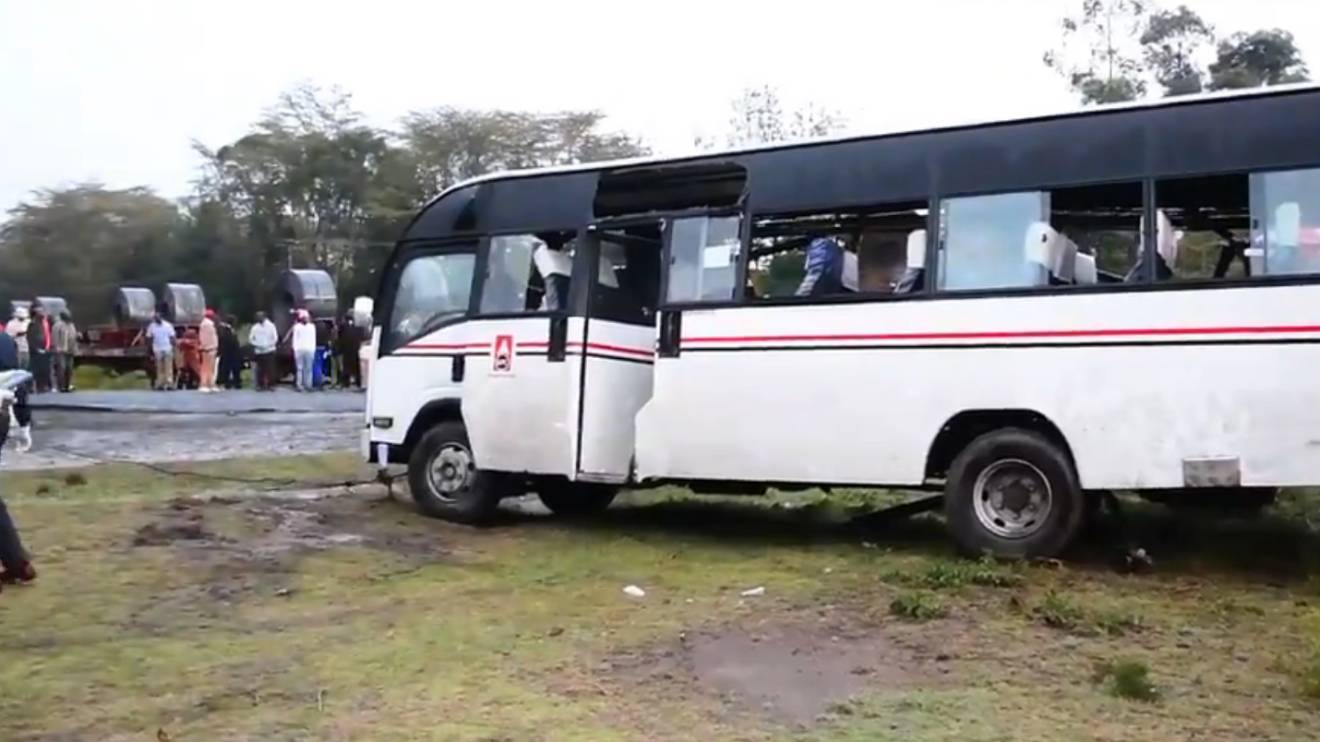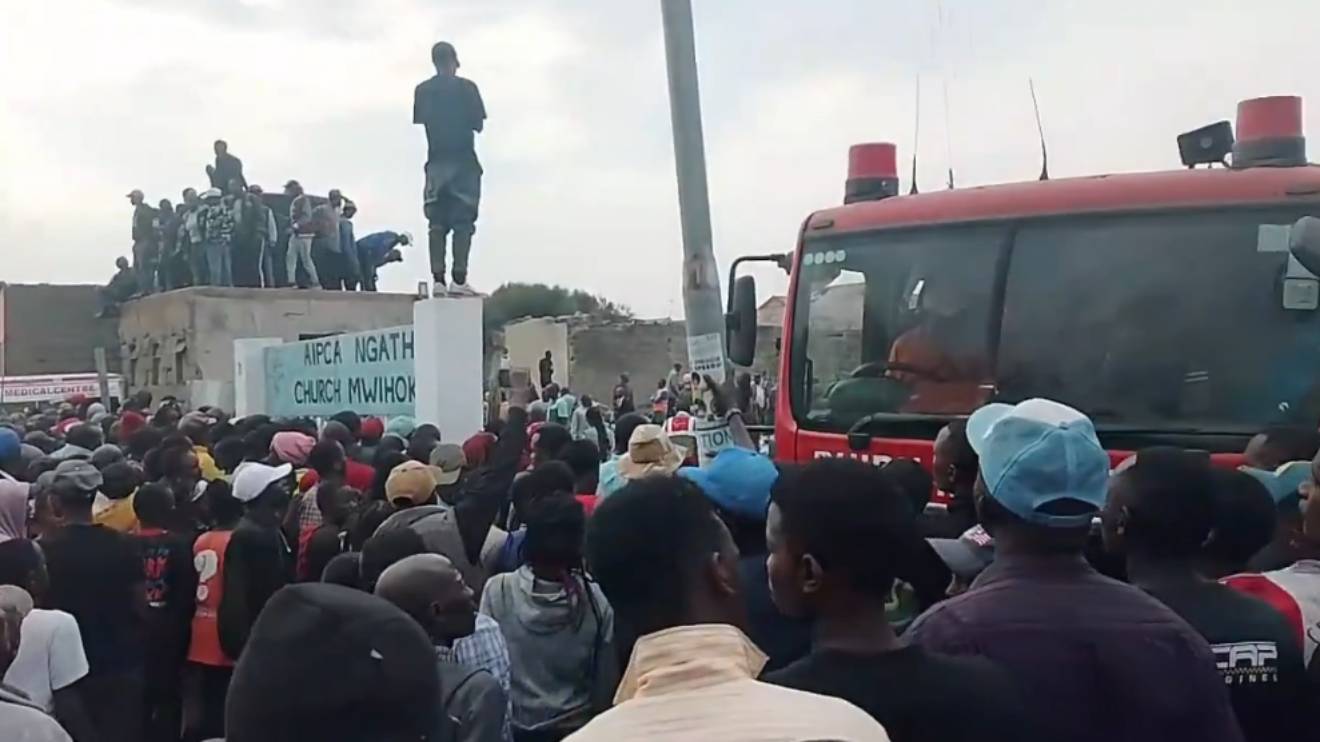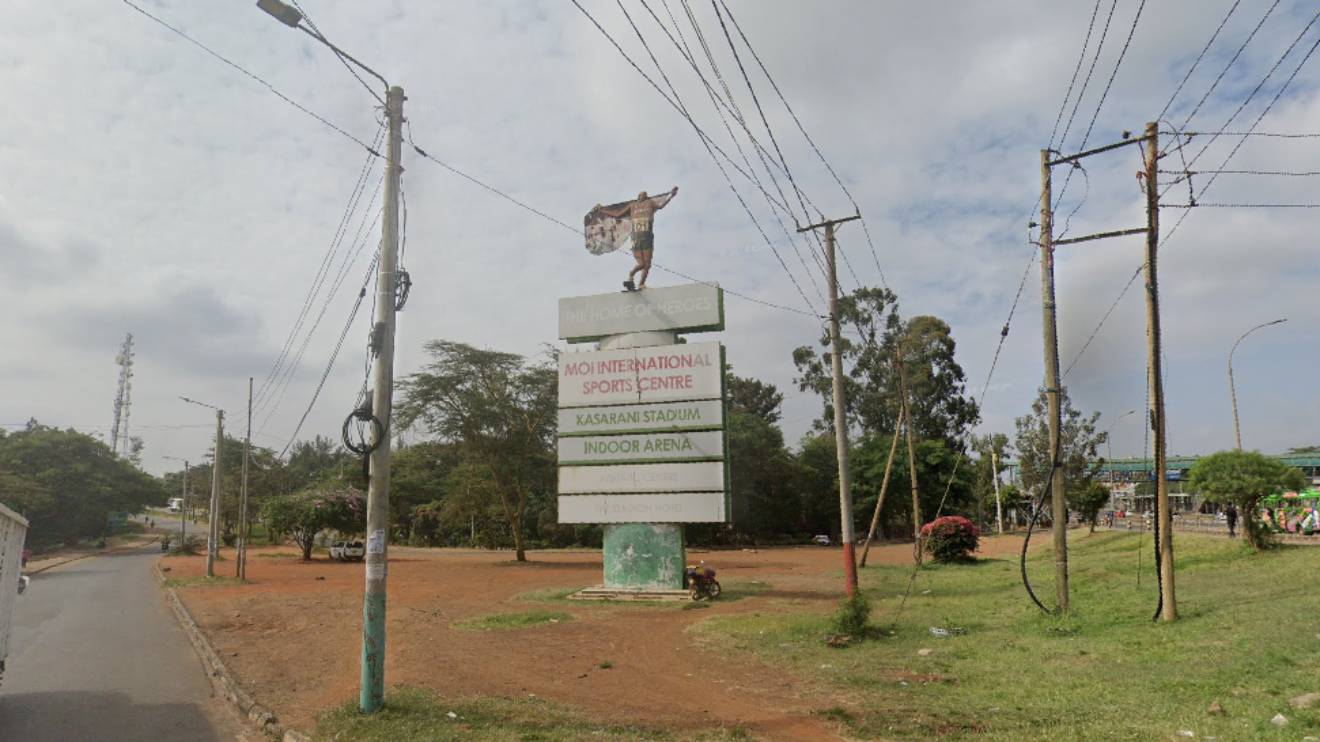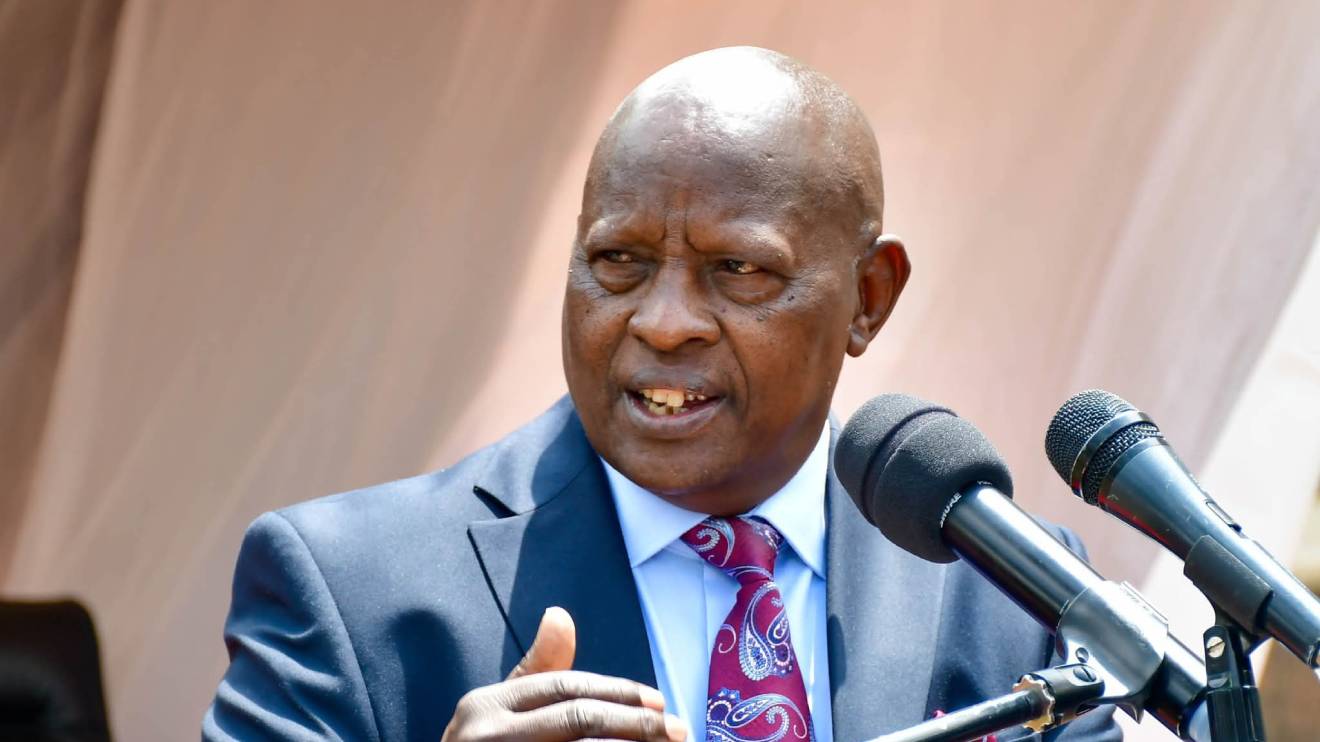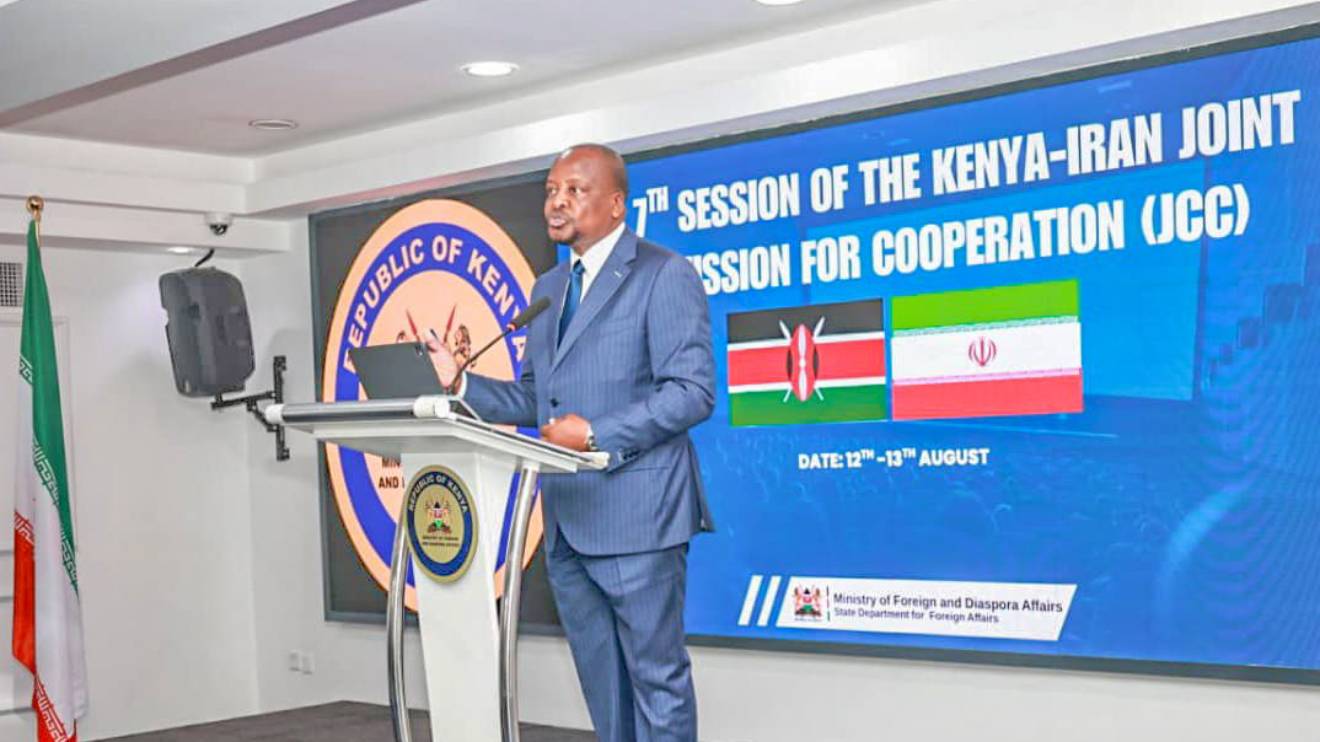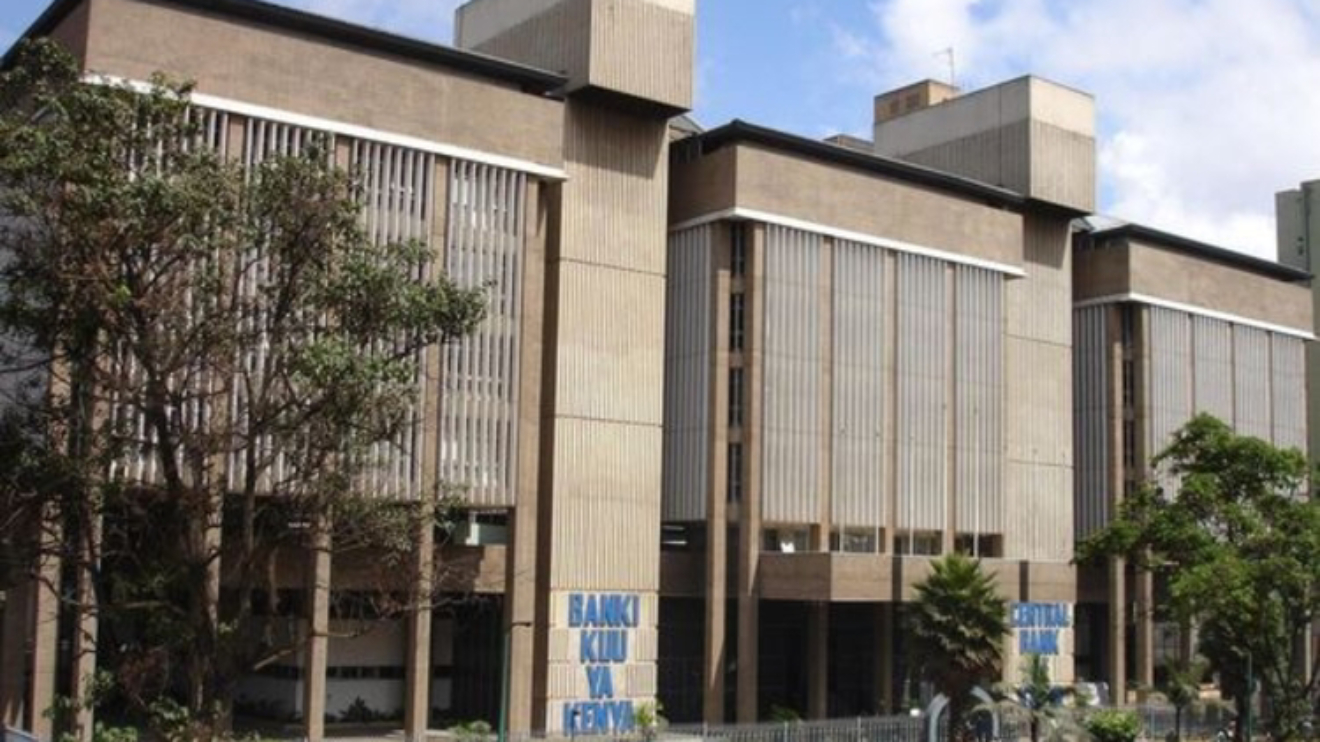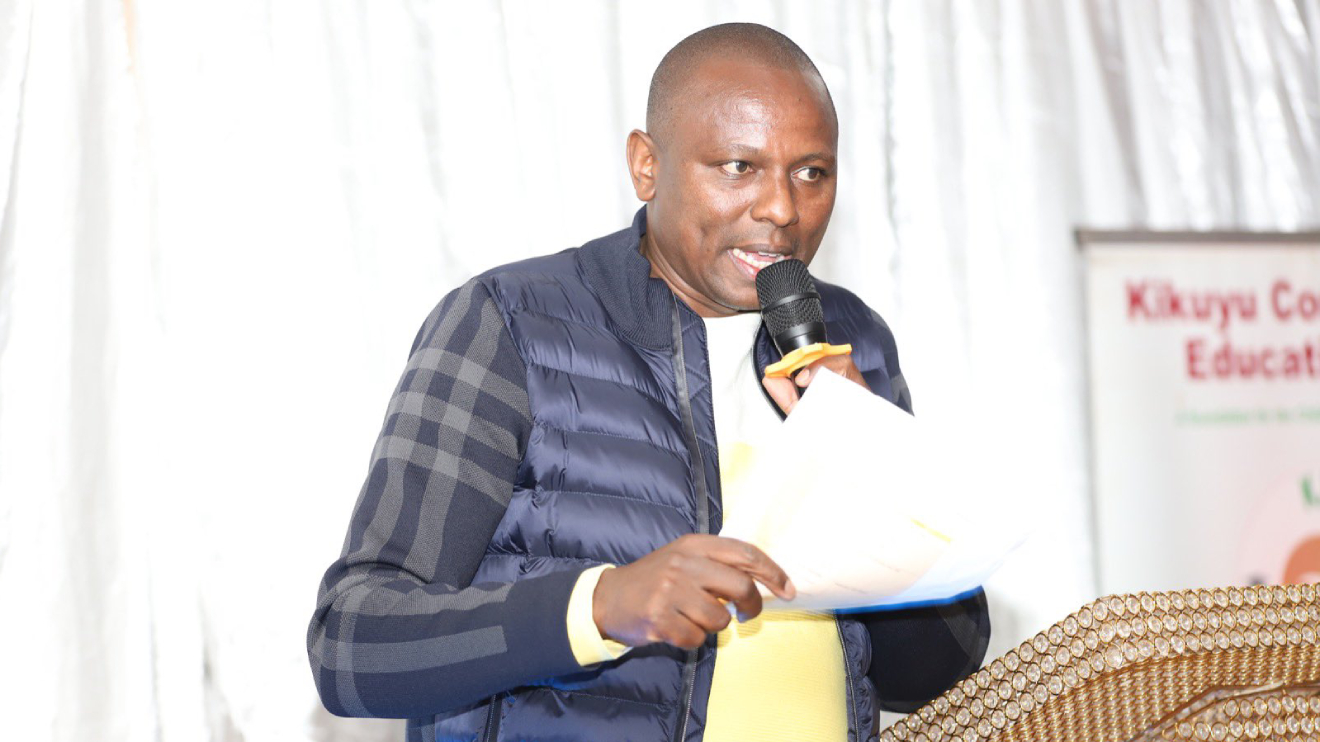A directive issued by the Communications Authority of Kenya (CA) on Wednesday, ordering all TV and radio stations to stop broadcasting live coverage of nationwide protests, has triggered a wave of condemnation from media houses, lawyers and civil society groups, who say the move is unconstitutional.
In the notice, CA claimed live transmission of the Gen Z-led demonstrations violated Articles 33(2) and 34(1) of the Constitution and Section 461 of the Kenya Information and Communications Act.
"This is therefore to direct all television and radio stations to stop any live coverage of the demonstrations forthwith," CA stated.
The regulator warned further, “Failure to abide by this directive will result in regulatory action as stipulated in the Kenya Information and Communications Act, 1998.”
Read More
Soon after, enforcement followed.
Citizen TV reported, “Police and officers from Communication Authority storm Citizen TV’s transmission station in Limuru over order to switch off live coverage of the ongoing protests.”
Nation Media Group later confirmed NTV’s signal had been switched off, calling the action illegal.
“Nation Media Group (NMG) confirms that the broadcast signal for its television station, NTV, has been unconstitutionally switched off by the Communications Authority of Kenya (CA),” the media house stated.
NMG pointed to Article 34(2) of the Constitution, which states, “The State shall not—(a) exercise control over or interfere with any person engaged in broadcasting...; or (b) penalise any person for any opinion or view or the content of any broadcast...”
NTV was airing protest coverage at the time of the shutdown.
The Kenya Editors’ Guild called the directive “a gross violation of the Constitution and an affront to press freedom and public accountability,” referencing a 2023 High Court ruling that barred CA from interfering with live broadcasts.
They added, “Live, factual reporting by licensed media is not a threat—it’s a civic duty.”
Legal and medical groups—including the Law Society of Kenya, Police Reforms Working Group and Kenya Medical Association—also challenged the ban, warning it undermines transparency and endangers lives during emergencies.
“The current ban is already affecting our medical response and access to emergency health care for the injured, protesters, bystanders and police,” they said.
They accused the Authority of violating both the Constitution and a 2024 court ruling that deemed its prior attempt at broadcast interference unlawful.
“Shutting down the internet will contravene the conservancy orders filed against CA in 2023 (Kenya Editors Guild & Others v. Communications Authority of Kenya & Others) (2023),” the joint statement added.
The protests being covered commemorate more than 60 young Kenyans who reportedly died during anti-Finance Bill demonstrations in 2024.
As pressure mounts, media and civil society have called on CA to withdraw the directive immediately and warned of legal action if it is not reversed by evening.
“We urge national media stations to remain guided by Kenyan law and recent judicial rulings as well as keep Kenyans informed to prevent atrocities under the cover of a ban. Kenyans are advised to remain calm and download a VPN,” the statement concluded.
But with pressure mounting and legal options on the table, the blackout is shaping into a pivotal test of Kenya’s commitment to media freedom and constitutional order.


